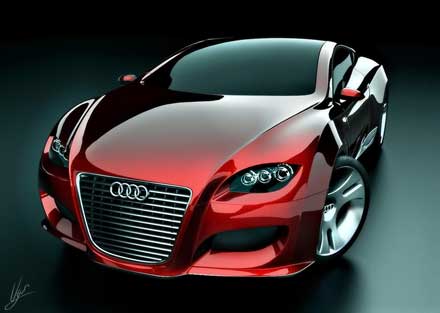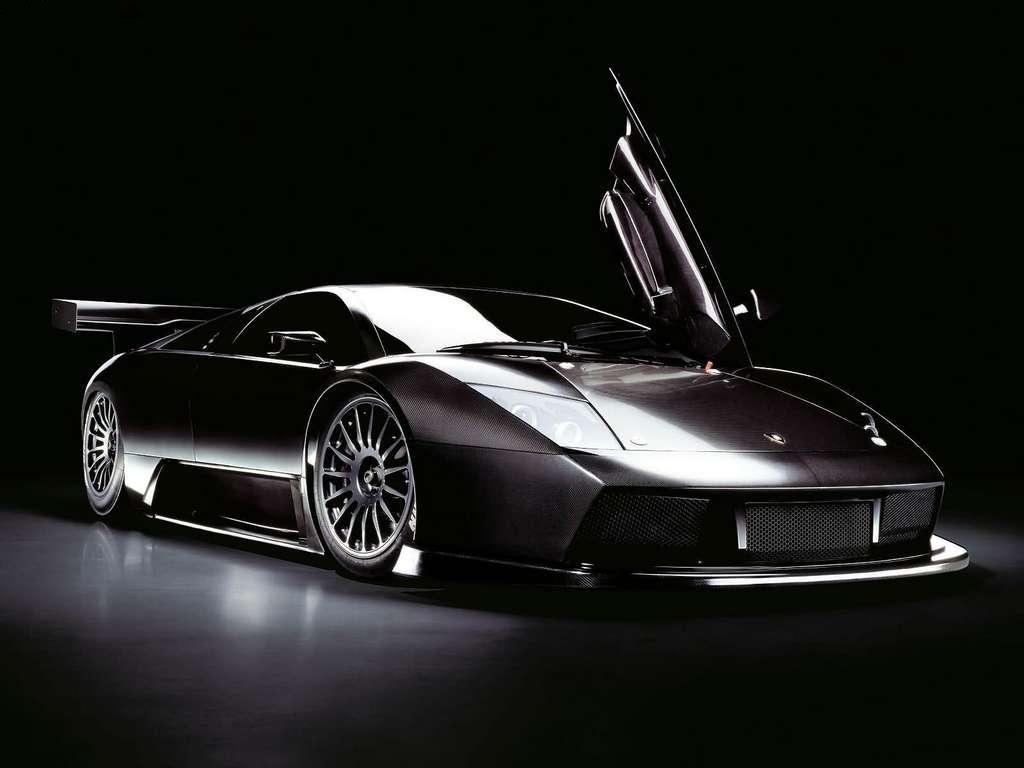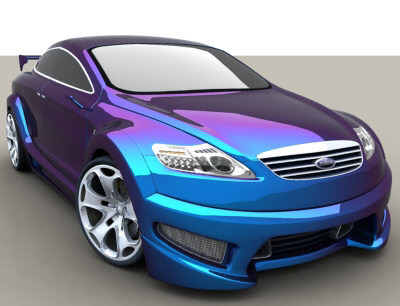 This is Mercedes-Benz's B-Class F-Cell, the company's first ever series production fuel-cell car. According to the German automaker, production will begin in late 2009 with the first of around 200 examples of the hydrogen-electric hybrid to be delivered to customers in Europe and the USA at the beginning of next year. Based on the B-Class hatch, the F-Cell uses a new generation fuel cell system, in which gaseous hydrogen reacts with atmospheric oxygen at 700 bar to generate a current for the electric motor, with water as a by-product.
This is Mercedes-Benz's B-Class F-Cell, the company's first ever series production fuel-cell car. According to the German automaker, production will begin in late 2009 with the first of around 200 examples of the hydrogen-electric hybrid to be delivered to customers in Europe and the USA at the beginning of next year. Based on the B-Class hatch, the F-Cell uses a new generation fuel cell system, in which gaseous hydrogen reacts with atmospheric oxygen at 700 bar to generate a current for the electric motor, with water as a by-product.As in conventional hybrids with combustion engines, the fuel-cell car makes use of a lithium-ion battery with an output of 35 kW and a capacity of 1.4 kWh to boost power and recover braking energy.
T he drive components of the F-Cell powertrain are located in the sandwich floor, meaning that passenger and luggage space (416 liters) remain unaffected..
he drive components of the F-Cell powertrain are located in the sandwich floor, meaning that passenger and luggage space (416 liters) remain unaffected..
The vehicle's electric motor produces an output of 100 kW or 136 horsepower and a maximum torque of 290 Nm or 214 lb-ft allowing the five-door Merc to reach a top speed of 170km/h or 105mph. We don't know how Mercedes made the calculation, but the firm claims that the zero-emission car fuel cell drive consumes the equivalent of 3.3 liters of diesel fuel per 100km or 71.3mpg US.
The B-Class F-Cell is said to have a driving range of around 400 km or 250 miles while it takes about three minutes to refuel the car with hydrogen.
The Stuttgart automaker said that it has addressed the cold-start issues that affect hydrogen-powered vehicles with the B-Class F-Cell being able to start in temperatures as low as minus 25 degrees Celsius while vigorous testing ensures that the car offers the same level of safety as in other Mercs.

















